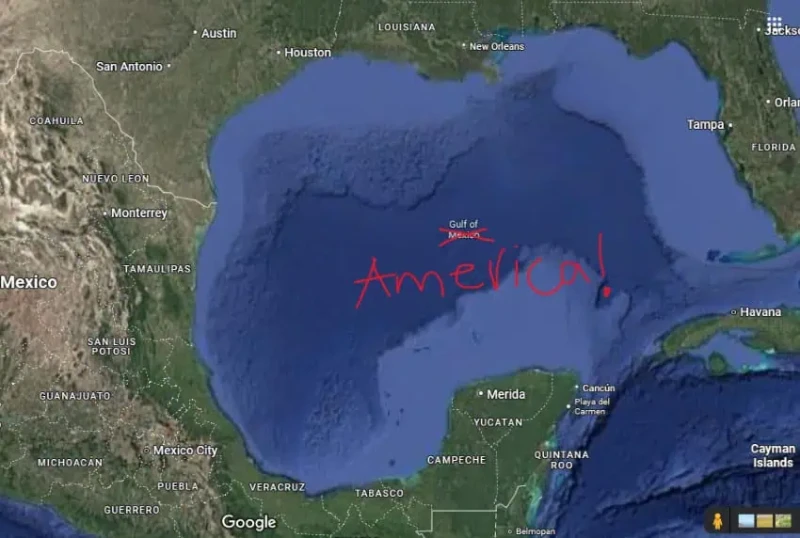Hostage Release Under Fragile Truce
As families celebrate the return of loved ones, concerns mount over the sustainability of the ceasefire and the implications for future negotiations amidst ongoing tensions.
The recent hostage release and ceasefire agreement between Israel and Hamas marks a significant development in the long-standing conflict. This truce, albeit fragile, has brought a temporary halt to hostilities that have claimed thousands of lives on both sides. The agreement is seen as a crucial step towards peace, yet it has also sparked widespread concern over its sustainability and the potential risks involved.
Among those released were Eli Sharabi, Or Levy, and Ohad Ben Ami - three Israeli civilians who were abducted by Hamas militants during their attack on October 7, 2023. Their release was part of the initial phase of the ceasefire agreement which aims to free 33 Israeli hostages in exchange for nearly 2,000 Palestinian prisoners held by Israel. However, with more than 70 hostages still believed to be in captivity and many feared dead, anxiety remains high among families waiting for news about their loved ones.
"The cycle of violence must end to pave the way for lasting peace." - António Guterres
The emotional reactions from families upon hearing about the release of these hostages have been profound. "It’s like waking up from a nightmare," said one family member who wished to remain anonymous. Communities across Israel have expressed relief mixed with apprehension as they welcome back their compatriots while fearing for those still missing.
Concerns regarding the health conditions of released hostages are mounting. Reports indicate that some appeared gaunt and frail upon their return - a stark reminder of the harsh conditions endured during captivity. "Time is of the essence," urged an advocate from Hostages Family Forum, emphasizing that all remaining captives must be urgently rescued.
Hamas' announcement to postpone further releases due to alleged Israeli violations of ceasefire terms has raised alarms among families awaiting updates on their relatives' fate. Abu Obeida, military spokesman for Hamas’ Al-Qassam Brigades stated that Israel's actions are delaying humanitarian aid and violating agreed protocols.
"Immediate accountability is needed from both sides." - Amnesty International
Israeli officials have reacted strongly against these claims by Hamas. Defense Minister Israel Katz called it "a complete violation" of the ceasefire deal while Prime Minister Benjamin Netanyahu convened emergency meetings with security chiefs to address this setback.
Public sentiment within Israel reflects deep unease over ongoing negotiations amid persistent violence in Gaza. Many fear that releasing prisoners could embolden militant groups or undermine national security efforts aimed at protecting citizens from future attacks.
Experts analyzing this situation highlight broader issues related to power dynamics between Israel and Hamas - suggesting implications not only for immediate peace talks but also future conflicts in this volatile region."This isn't just about exchanging prisoners; it's about reshaping control," noted Middle East analyst Dror Etkes.
International observers and human rights organizations have expressed deep concern over the escalating tensions and the humanitarian implications of the ongoing conflict. Amnesty International has called for "immediate accountability" from both sides, emphasizing that "the lives of innocent civilians should not be used as bargaining chips in political negotiations." The United Nations has also urged restraint, with Secretary-General António Guterres stating that "the cycle of violence must end to pave the way for lasting peace."
Personal stories from families affected by these events paint a vivid picture of individual struggles during captivity. Aviva Siegel, whose husband Keith remains captive, shared her ordeal: "Every day was a battle against despair. We clung to hope because it was all we had left." Similarly, Or Levy's family described their emotional turmoil: "We lived in constant fear, not knowing if we'd ever see him again," said his sister.
These personal accounts underscore the broader implications this event might have on public trust towards government actions concerning national security policies. Many Israelis are questioning whether their government's strategies are effective or if they merely perpetuate cycles of violence without addressing root causes.
Political analysts suggest that such developments could lead to significant shifts within Israel's political landscape. Some argue that Prime Minister Netanyahu's handling of the situation may weaken his position domestically, especially if perceived as prioritizing military action over diplomatic solutions.
"We lived in constant fear." - Or Levy’s sister
On an international level, President Trump's controversial statements about Gaza have added fuel to an already volatile situation. His proposal for U.S. intervention and relocation plans has been met with widespread criticism both regionally and globally.
As discussions continue around potential long-term resolutions versus temporary ceasefires, experts emphasize exploring diplomatic channels as viable alternatives moving forward. Dr. Yossi Beilin, former Israeli Minister of Justice and architect of past peace initiatives, argues that “lasting peace can only be achieved through dialogue and mutual understanding.”
